Whether you’re on a job site or in your backyard, we recommend having the right equipment to keep you safe.
Face and head protection, including wraparound safety glasses or goggles, will protect you against dust and incoming hazards.
Use hearing protection if the noise level is higher than 85 decibels for an extended period of time. We carry both earmuffs and earplugs.
Masks and respirators keep the asbestos, fiberglass, mold and dust away when working.
SILICONE
Most silicone sprays contain only about 1.5% silicone lubricant. The benefit of silicone spray is that it helps repel water and performs well in extreme temperatures.
DRY LUBRICANTS
Dry spray lubricants, most commonly graphite, don’t spray on completely dry, but their solvents evaporate rapidly, leaving behind a dry film. Dry lubricants are good for interior hinges, interior locks, drawer slides, and toolbox drawers. Just be sure to wipe off or even buff off the excess.
OIL
Often called penetrating oil, most oil spray lubricants are made from crude oil, but some are made from vegetable oil. Their low surface tension makes them best for penetrating deep into mechanisms and into the threads of rusted bolts and nuts.
Contrary to common belief, WD-40 isn’t actually a true lubricant. WD is an abbreviation for “water displacing” and it is mainly used as a solvent or rust dissolver. The lubricant-like properties of WD-40 come not from the substance itself, but from dissolving components. And the effect doesn’t last.
And there are as many different types of lubricants as there are things that you would want to lubricate. What the hinge or slide is made of, and what conditions it has to endure, are important things to consider when choosing a lubricant. We’re happy to help you find what’s right for your application.
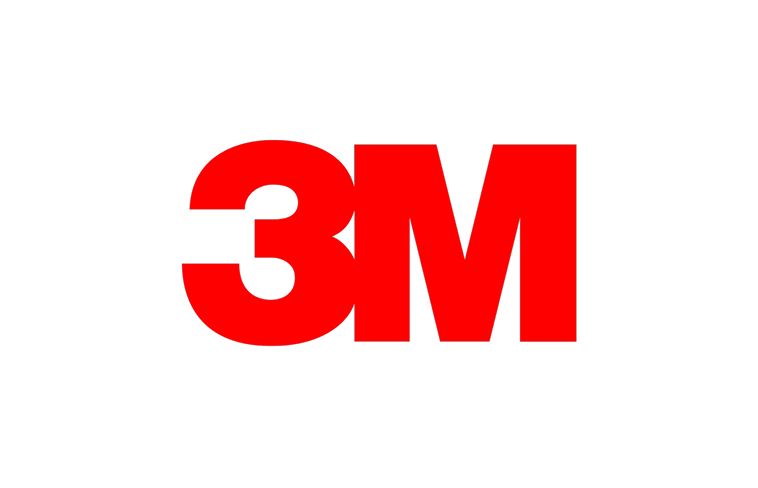
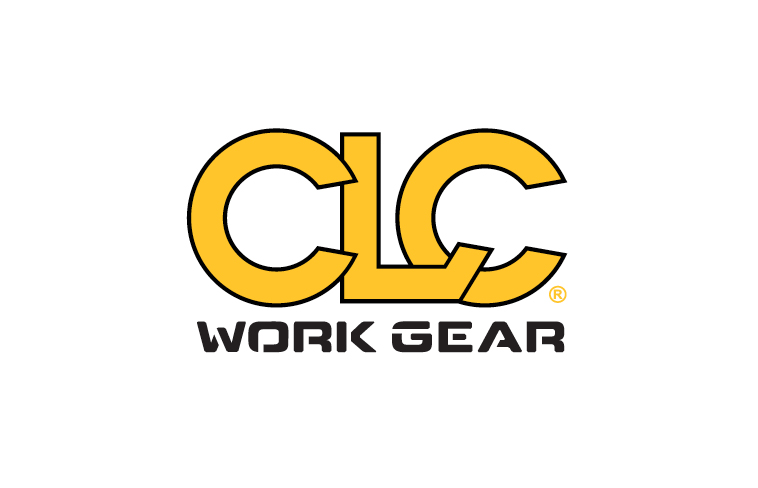
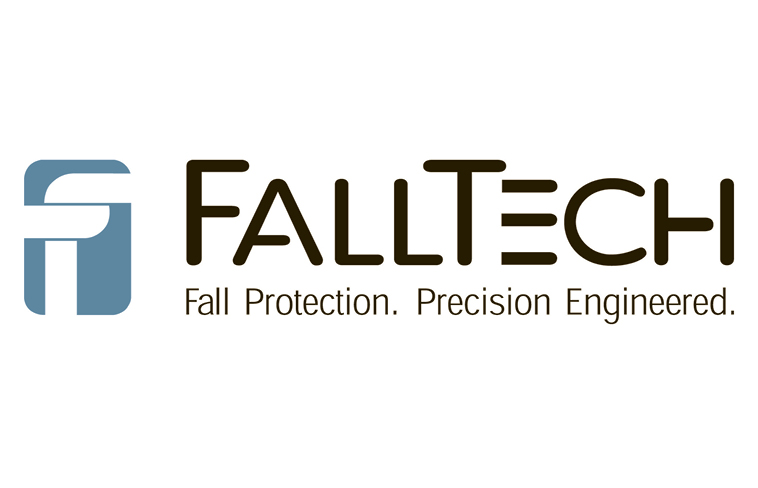
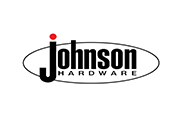

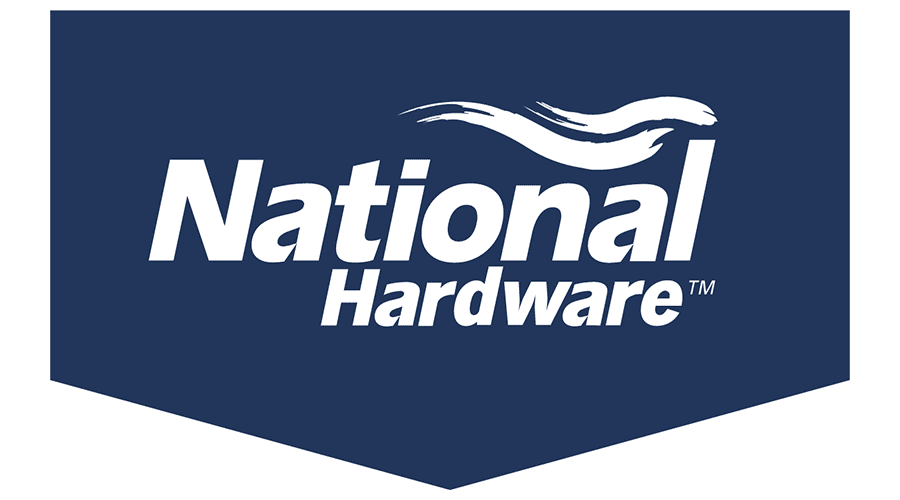

Notifications